Triangle Strategy: A quick look at Square-Enix's latest Tactical RPG
A quick look at Square-Enix's upcoming RPG
If you’re looking for a brand new Strategy RPG in the vein of Final Fantasy Tactics or the Disgaea franchise, Triangle Strategy might be just the Switch title to look into. Developed collaboratively by Ardlink and Square Enix, and spearheaded by producer Tomoya Asano of Bravely Default and Octopath Traveler fame, Triangle Strategy aspires to that same pantheon by offering satisfying, yet familiar gameplay elements for the genre, along with new ideas present in both gameplay and story progression.
Triangle Strategy is set on the continent of Norzelia, and focuses on three countries within: Glenbrook, Aesfrost, and Hyzante. Players follow Serenoa Wolffort of House Wolffort in Glenbrook, and his closest allies, consisting of his fiance Frederica Aesfrost, Prince Roland of Glenbrook, and his advisor Benedict Pascal. They are thrust into an intense geopolitical conflict between the three nations over the scarcity of natural resources, and unfortunately, the only way to survive the dispute is to fight their way out.
While the premise might be nothing new, the story progression in Triangle Strategy is where key features are made apparent: the Conviction and Voting systems. The Conviction system measures Serenoa’s ideals and how he sees the world, and is greatly influenced by both the decisions and conversations surrounding combat. Serenoa’s Conviction changes not only how the story progresses, but also the kind of allies available to recruit.
This works in tandem with the aforementioned Voting system, which focuses on decisions that must be made prior to big events. Serenoa and his companions will cast votes on a plan of action, and whatever selection gets the most votes will be chosen as the path forward. In contrast to the Conviction system, the Voting system requires the player to appeal to characters in order to secure their vote. Close reading of dialogue, mixed with attention to character mannerisms, will help you in figuring out the best approach.
Collecting information during investigative phases allows for unique dialogue branches, which in turn, increases the odds of convincing a character to change their position. The decisions you make will also have an impact on how other major characters in the story view both Serenoa and his forces. You’ll see how things play out between major battles and decisions in the form of “side-stories,” which will help you determine your next move, and who may be open to becoming an ally. These moments establish the ripple effect of your decisions, and provide narrative elements beyond the key story beats.
Through these ambitious systems, Triangle Strategy showcases its desire to craft a compelling, branching story that encourages players to experiment with different routes, and play through the game multiple times.
When compared to the revolutionary systems detailed above, gameplay in Triangle Strategy may seem somewhat standard, but there are some elements at play to distinguish this experience from other Strategy RPGs. Those familiar with Final Fantasy Tactics will notice Triangle Strategy employs a similar turn order for units that’s based on speed and other calculations, rather than having a designated “Player Phase” and “Enemy Phase.” Combat also comes with other recognizable factors to consider, such as attacks from behind that guarantee bonus damage, restrictions on attacks to adjacent tiles with large height differences, and more. However, much like Bravely Default’s ambition to modernize JRPG mechanics, Triangle Strategy aims to revamp SRPGs through terrain innovations.
In Triangle Strategy, height plays a larger role in battle than in most other SRPGs. Attacks from very high elevations carry an attack bonus relative to the height difference between the target and the attacker, and some attacks even gain additional power proportional to this. Furthermore, Triangle Strategy puts a big emphasis on altering the terrain itself. By using magic, you can destroy and reshape the map to your liking, or better yet, use spells to literally freeze the ground beneath your foes, causing their movement to slow, and accuracy to drop. You can then take things a step further by melting the frozen terrain, turning it into a water hazard. These mechanics allow for a high level of player improvisation, and rewards both those who think on their feet, and those who plan moves out far in advance. This battle system, which encourages experimentation and fosters creativity, definitely makes Triangle Strategy stand out in a crowded genre.
Square Enix marries all these elements through a visual style similar to that of Octopath Traveler, utilizing their HD-2D engine once again for stylized sprite-work that bursts with energy, while paying tribute to late 90s era of RPGs. The results are sure to have classic RPG fans feeling equal parts nostalgic and impressed through the unique mix of pixels, HD visuals, ambient lighting, and more.
Triangle Strategy is now available exclusively on the Switch, but if you’re still on the fence, you can download a free demo on the Nintendo Switch eShop this very second! Better yet, if you like the experience, your save data from the demo carries over into the full game! There’s no better time to give Triangle Strategy a shot to see if it clicks for you.
Add Comment
luke
2+ y agoPlayed the demo and loved it. I loved Octopath Traveler and was so excited to get a tactics game by the same studio. Tactical RPG's are some of my favorites with Fire Emblem, FF Tactics, and Advance Wars being some of my favorites. I love Fire Emblem played all to completion but Three Houses was just to bloated for me so this looks right up my ally. Picked it up today and looking forward to picking up where the demo finished out. I am a big fan of when games do that.

setzer gabbiani
2+ y agoWhew. Glad GN is back!
After playing this game for a while, I can safely say that Team Asano has a new classic on its hands. It actually has no business being as good as it is. The story is deep, its systems straight-forward (in my view), and there's a surprisingly large amount of differentiation between character skills given how massive the roster is. I know there's a ton of criticism about "tOo MuCh TaLkInG", but I love all the little story details and recruitable character vignettes. Octopath could learn a thing or two from its interconnected storyline.
Lastly, kudos to the sprite team because this was a heck of a haul and they aced it.
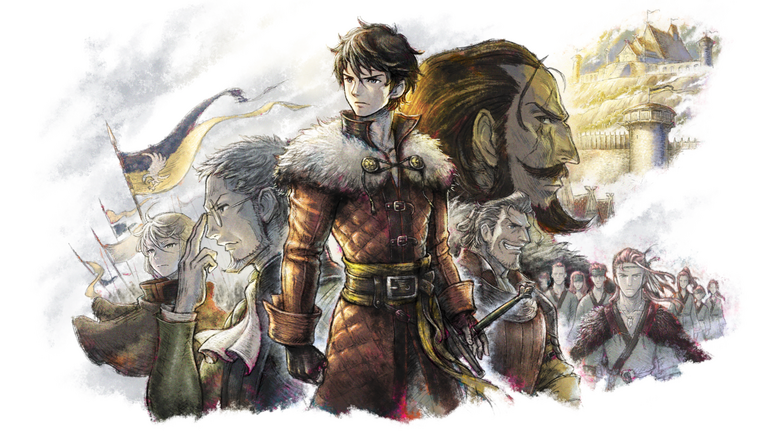
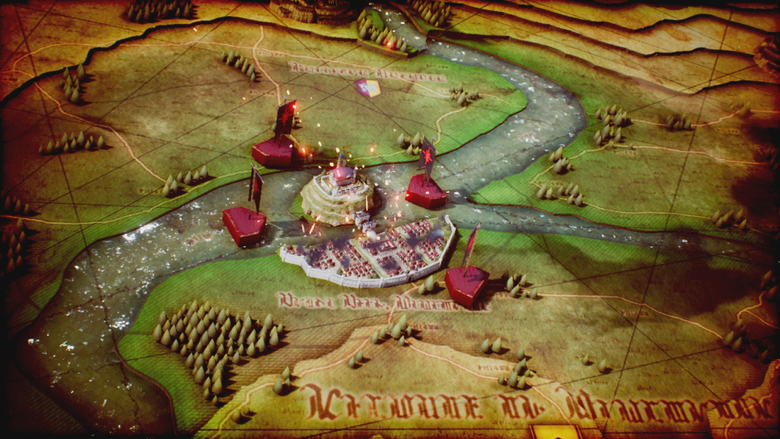
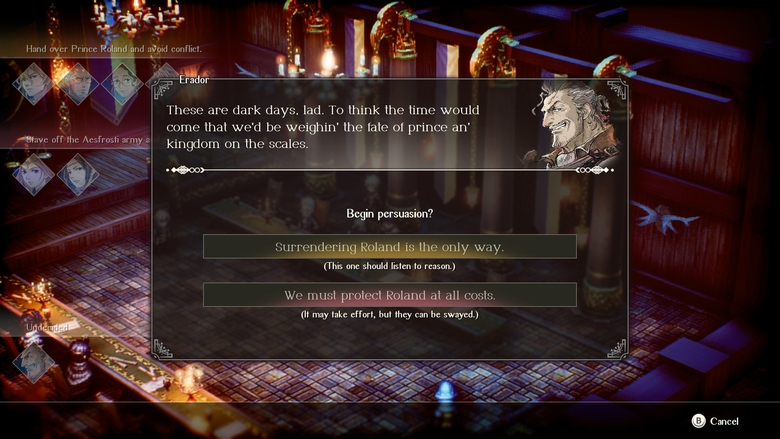
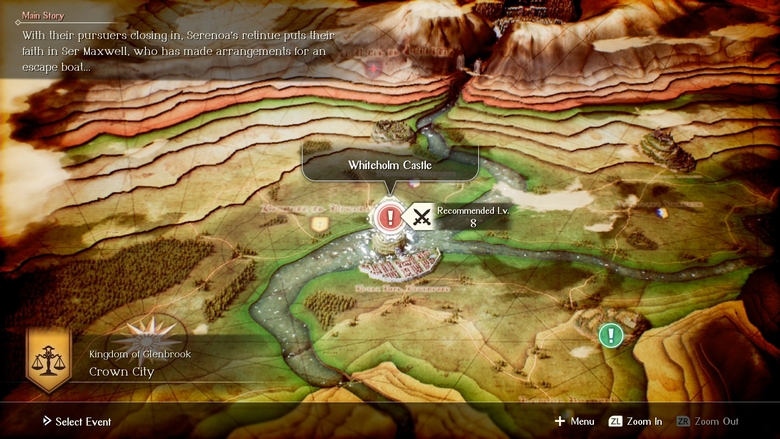
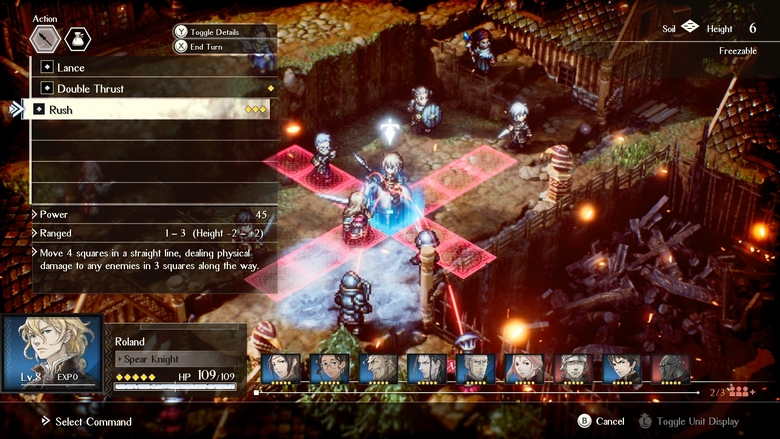
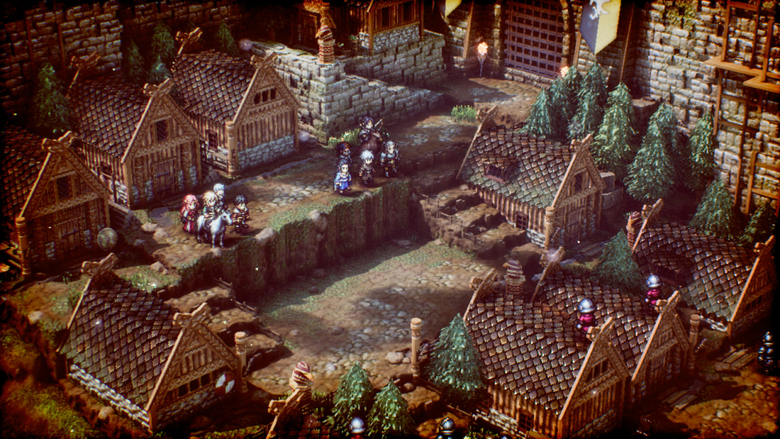
Comments (2)